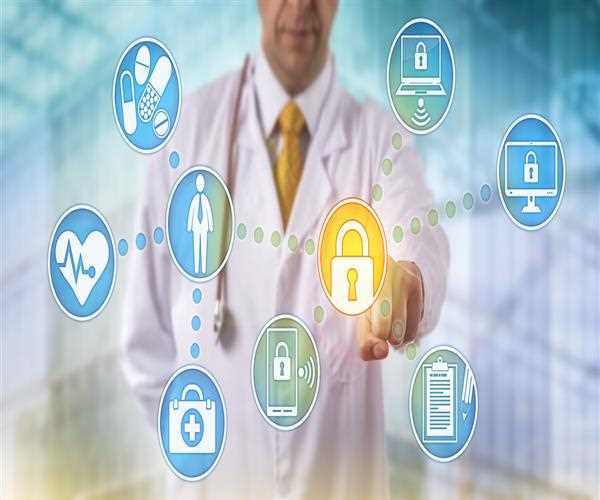In today's digital age, the healthcare industry relies heavily on technology to enhance patient care, streamline operations, and improve efficiency. However, this dependence on technology also exposes healthcare systems and patient information to various cybersecurity threats. Protecting sensitive patient data and ensuring the integrity of healthcare systems is of paramount importance. In this blog, we will delve into the significance of cybersecurity in safeguarding patient information and healthcare systems. We will explore the risks associated with data breaches, the consequences of inadequate cybersecurity measures, and the proactive strategies that can be employed to mitigate these risks.
Patient Data Protection
Patient information, including medical records, personal details, and financial data, is highly sought after by cybercriminals. A successful breach can lead to identity theft, insurance fraud, and compromise patient privacy. Robust cybersecurity measures are necessary to safeguard patient data, ensuring confidentiality, integrity, and availability. Encryption, access controls, and regular vulnerability assessments are crucial components in securing patient information. Additionally, staff training and awareness programs are essential to educate healthcare professionals about the importance of data protection and the best practices to follow.
Prevention of Healthcare System Disruptions
Healthcare systems are complex infrastructures that rely on interconnected networks, medical devices, and critical infrastructure. Cyberattacks targeting healthcare systems can result in disruptions to patient care, delays in treatment, and compromised medical device functionality. Ransomware attacks, for instance, can encrypt patient data and paralyze healthcare operations until a ransom is paid. Implementing strong firewalls, intrusion detection systems, and regular system updates can help prevent unauthorized access and protect against malware. Furthermore, disaster recovery plans and regular backups of critical data ensure rapid recovery in the event of a cyber incident.
Compliance with Regulatory Standards
The healthcare industry is subject to numerous regulatory standards and frameworks, such as the Health Insurance Portability and Accountability Act (HIPAA) in the United States and the General Data Protection Regulation (GDPR) in the European Union. Compliance with these regulations is vital to protect patient privacy and avoid costly penalties. Robust cybersecurity measures, including risk assessments, data encryption, and incident response plans, demonstrate a commitment to protecting patient information and maintaining regulatory compliance. Regular audits and assessments help identify vulnerabilities and ensure continuous improvement in cybersecurity practices.
Collaborative Approach and Information Sharing
In the face of evolving cyber threats, healthcare organizations must adopt a collaborative approach to cybersecurity. Sharing information about emerging threats, attack patterns, and best practices within the healthcare community strengthens the overall defense against cybercriminals. Collaborative initiatives, such as the sharing of threat intelligence, can help identify and mitigate vulnerabilities before they are exploited. Public-private partnerships, involving government agencies, healthcare organizations, and cybersecurity experts, foster a collective effort to address cybersecurity challenges effectively.
Continuous Monitoring and Response
Cybersecurity is not a one-time effort but a continuous process. Implementing robust monitoring systems, such as intrusion detection and prevention systems, allows healthcare organizations to detect and respond to cyber threats promptly. Real-time monitoring of network traffic and system logs helps identify suspicious activities and potential breaches. Incident response plans, including incident notification procedures and forensic investigations, are essential to minimize the impact of a cyber incident and facilitate rapid recovery.
Conclusion
As healthcare increasingly relies on technology, cybersecurity becomes a critical pillar in protecting patient information and maintaining the integrity of healthcare systems. By prioritizing cybersecurity measures, healthcare organizations can effectively safeguard patient data, ensure uninterrupted care, and stay compliant with regulatory standards. A proactive and collaborative approach to cybersecurity is key to combating evolving threats and maintaining the trust and well-being of patients.




Leave Comment